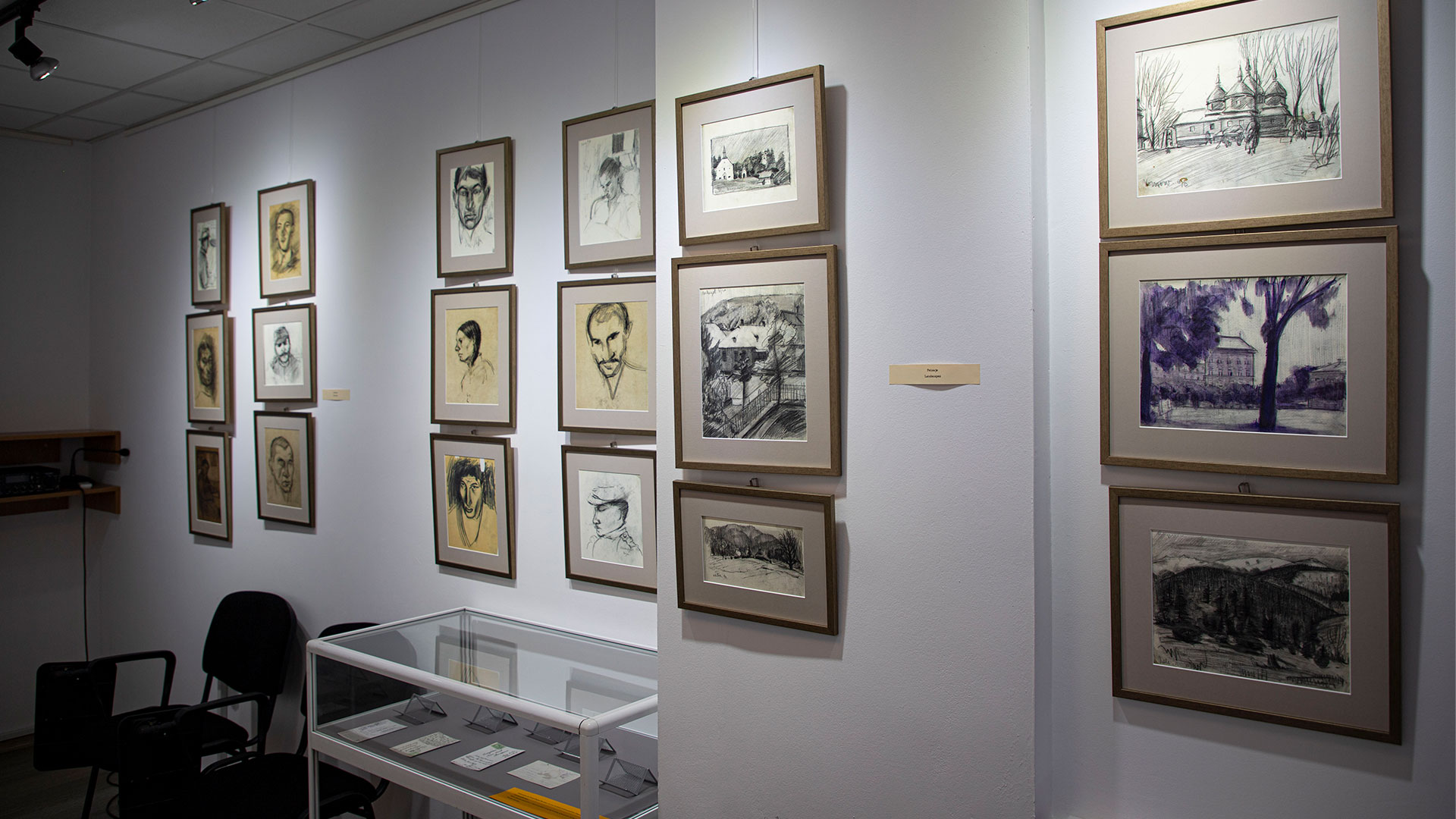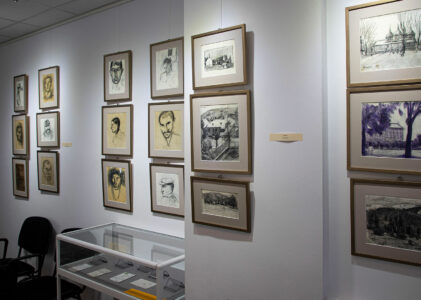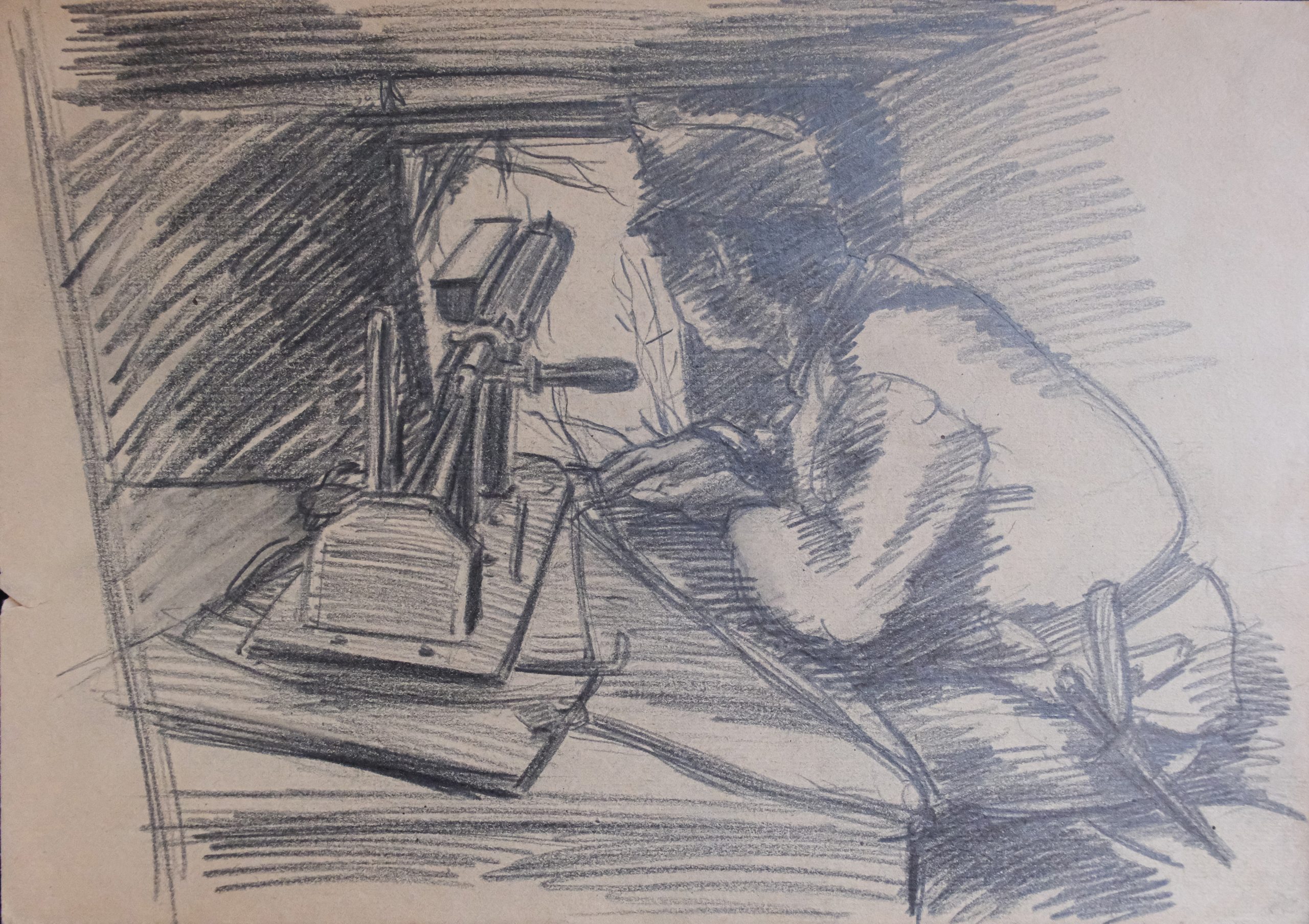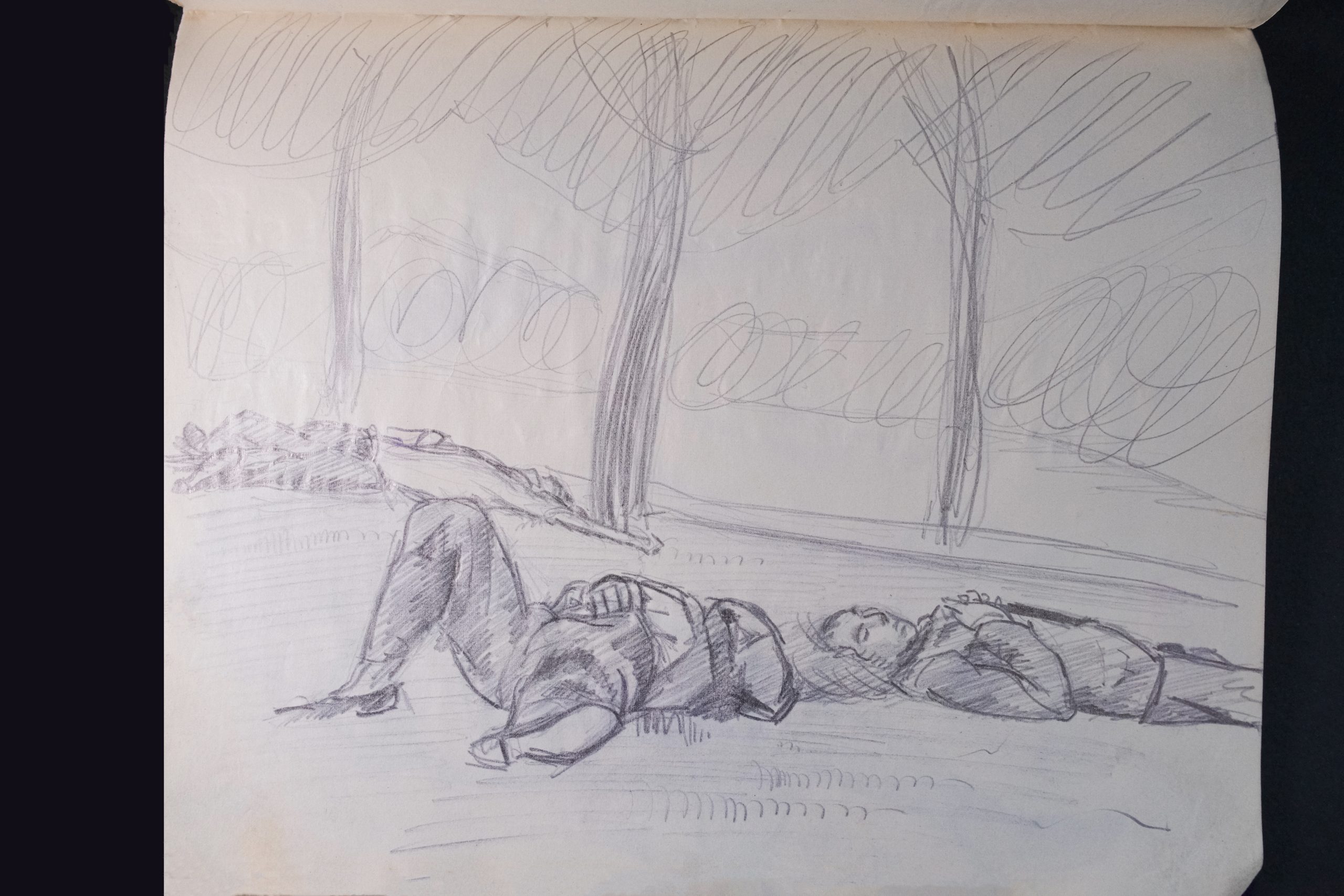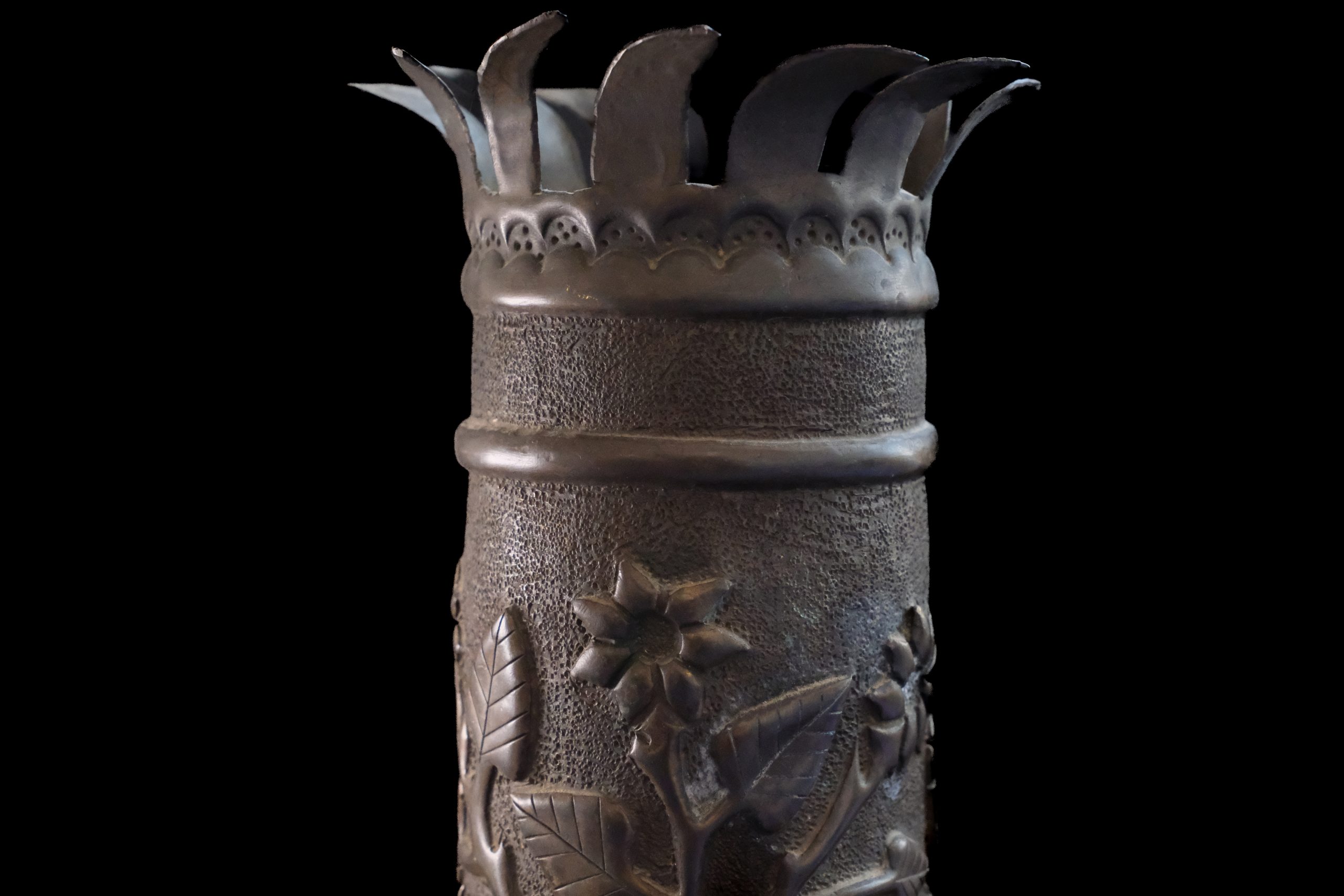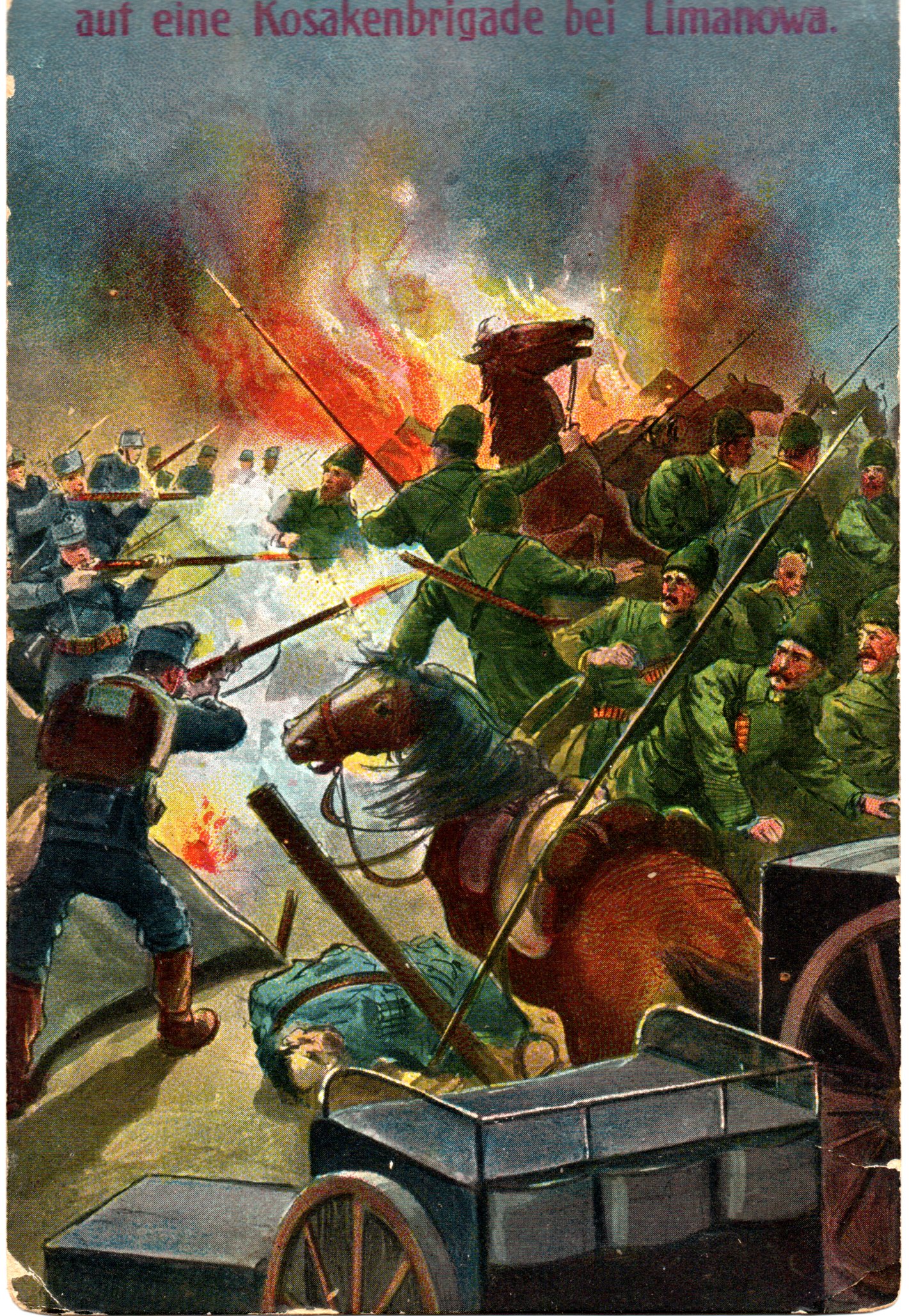paginamuzee_header_acces
Orar
- Monday | 13:00-18:00
- Tuesday–Friday | 10:00-15:00
Tarife
- Adults | 12,00 lei
- Schoolchildren, students, pensioners | 6,00 lei
- Family ticket (2 adults + 1 child; free admission for all the other children) | 25,00 lei
- BBU students and employees (based on their student ID card and work ID card, respectively), children under 3 years of age, and persons with disabilities | free entry
paginamuzee_header_contact
Personal
- dr. Eliza Deac, document researcher
- dr. Ioana Claudia Popa, document researcher
- duma.muzee@ubbcluj.ro
Telefon
- +40 (0)264 405 300, ext. 7033 | +40 (0)743 063 956
paginamuzee_header_evenimente
evenimente_organizate_de Alexandru Duma Museum
The Alexandru Duma Museum was opened on January 20, 2020, in the context of the Babeș-Bolyai University Centennial. It is the ninth museum operating within the university, under the patronage of the Academic Cultural Heritage Department.
The Alexandru Duma Museum is a place for remembering the First World War, based on the individual experience of a young Transylvanian artist who became a soldier in the Austro-Hungarian Army. Alexandru Duma (1887–1916) was affiliated with the Baia Mare School of Painting between 1911 and 1914. He died on the Italian front in September 1916. The drawings he produced during his two years on the front were returned to his family. More than a century later, they were donated to the University of Cluj, which made them accessible to the public through the museum’s permanent exhibition.
The Alexandru Duma Museum is a classic exhibition space and a modern multimedia complex, providing a framework for cultural and educational activities addressing schoolchildren, students, and anyone interested in visual arts and the history of the First World War. The activities offered to the public vary between the academic rigor of applied research and entertainment but with thorough objectives and approaches facilitated by the new media (VR, various interactive digital platforms, etc.).
Permanent exhibition
The Alexandru Duma Museum’s exhibition space is organized as follows:
- two exhibition rooms where you can see a thematically grouped selection of the most representative drawings of Alexandru Duma (1887–1916) made on the front, the artist’s sketchbooks, and authentic objects from the First World War;
- the digital platform area, which includes all of Alexandru Duma’s drawings, biographical data, and a reconstruction of the artist’s route along the front line;
- the VR room where you can watch a short 3D film about the First World War.
Activities
The museum is open to all age groups. However, its infrastructure imposes certain restrictions, such as those regarding the use of VR goggles, which are recommended starting at the age of 13.
Activities on offer include thematic tours, viewing and consultation of information material, discovery activities, a VR movie (duration: 8 minutes; it can be watched by two persons simultaneously), etc.
Here are some of the permanent or frequent activities that take place at the museum:
Museum Quest
Museum Quest is a museum exploration activity relying on a set of clues. Based on them, visitors will discover details about the museum’s topics and specificities.
At the museum entrance, you are invited to take a copy of The Alexandru Duma Museum Guide leaflet, which will lead you on the exhibition route and test your observation skills.
Postcard Workshop
Through the Postcard Workshop, set up within the permanent exhibition, the Alexandru Duma Museum invites its visitors to experiment and rediscover one of the forms of communication characteristic of the First World War, namely the postcard. Visitors are given vintage tools to write messages from the perspective of a person (soldier or civilian) separated from their loved ones by the war, using postcards inspired by Alexandru Duma’s drawings at the front. They can leave the postcards at the museum to be temporarily displayed in the showcase dedicated to public activities.
Critical thinking workshop for high school and university students
This workshop is organized three times a year. It addresses schoolchildren and students differently.
Each workshop consists of a series of 6–8 meetings where students participate in debates on the museum’s specific topic – the First World War. The workshop proposes:
- constantly renewed topics inspired by current historical research, which establish a network of connections with previous or subsequent events;
- a multidisciplinary approach: history, visual arts, literature, and philosophy, with incursions into the social sciences and even the exact sciences;
- original teaching materials specially created and selected for this workshop.
Participants can practice and develop key skills such as critical thinking, argumentation and persuasion, sociability, creativity, etc. The program includes exhibitions, lectures, debates, historical re-enactments, competitions, and other activities. This workshop is primarily intended for high school classes, but middle-school students interested in this topic may also apply.
For students, the workshop is a unique opportunity for volunteering or internship and is open to all interested, regardless of their specialization. Activities that can be undertaken for the workshop include promotion in schools, assisting in meetings with schoolchildren, and, most importantly, moderating a meeting on a topic of your choice, making creative connections between your area of specialization and the subject of the First World War. The summer workshop coincides with the students’ internship period and is an unusual opportunity to practice the skills acquired at the university, in particular, pedagogical, research, and communication skills.
Hosting activities/events
The museum premises can be provided to university staff and school teachers who wish to conduct their teaching activities in a different setting as an alternative to the seminar/course room or classroom. Moreover, upon request, the museum can host various events of student clubs or associations or, in the case of schools, various extra-curricular activities. Hall reservations are made based on an application addressed to the museum custodian.
Collections
Some of the museum’s exhibits
Alexandru Duma’s original drawings collection
The two sketchbooks and a set of detached sheets totaling 109 drawings and sketches by Alexandru Duma were donated to…
Alexandru Duma’s drawings collection in digital format
Visitors can consult the complete collection of Alexandru Duma’s drawings on the digital platform inside the museum….
The collection of First World War objects
The museum also holds some authentic military equipment from the First World War, which are included in the permanent exhibition….
The collection of First World War postcards
This collection comprises postcards issued and circulated on the territory of the former Austro-Hungarian Empire during the First World War….

